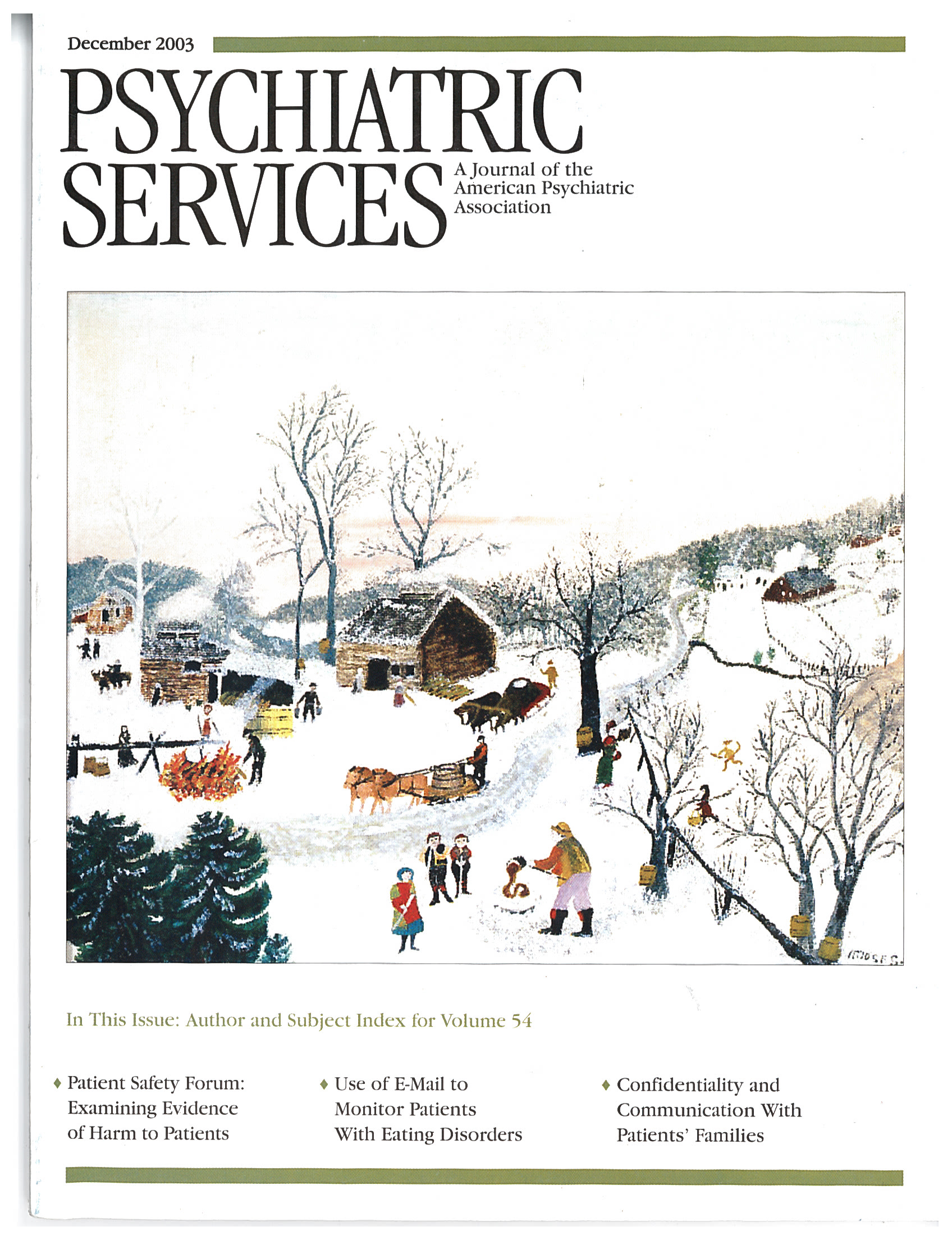The protagonist of Border Crossing is Tom Seymour, a psychologist expert in child delinquency who is writing a book based on his research. He is also the failed husband of Lauren. The author, Pat Barker, is a well-known British novelist who won the Booker prize for her Regeneration trilogy. Her topic is timely. Horrible crimes committed by children are big news on both sides of the Atlantic.
Border Crossing starts out in highly melodramatic fashion. Tom and Lauren are walking on the deteriorating waterfront of Newcastle. They see a man take a handful of pills and dive into the river. Tom jumps in after him and saves him from drowning. The young man is Danny. Tom had testified at his trial for the murder of an old woman 13 years ago when Danny was ten years old. Danny wants to see Tom to talk with him about what happened, and Tom agrees.
Danny is smart and perceptive: "Bollocks. You need this as much as I do." It is noteworthy that Tom himself might have been a killer when he was ten and was left in charge of a four-year-old boy. A tragedy was prevented by the chance intervention of a passerby. The reader is left to wonder whether the drowning rescue was planned by Danny, whether he killed the old lady, how he got to be the way he is, and how he will adapt to freedom after his long incarceration. Tom sets about to find the answers He tracks down the lawyer who represented Danny at his trial. He consults with his probation officer. He finds the people who taught him when he was incarcerated. He meets one teacher whom Danny falsely accused of sexually molesting him.
Barker maintains a high level of suspense throughout the book. The answers to all the questions don't appear until the final pages, but they are so well adumbrated that they come as no surprise and are fully consistent with the characters. A plethora of borders are crossed in this book: the border between illness and evil, or "mad or bad"; the border between classes; and the ocean between practice in England and in the United States. However, the most troublesome borders crossed are those of the therapist Tom and his patient Danny. Tom is a thorough practitioner, elicits painful information—or misinformation—from Danny, and is energetic in tracking down information from collateral sources. But he uses Danny to fill the loneliness in his life caused by the end of his marriage and to try to work out his own problems, and he makes little effort to separate his personal life from that of his patient.
And Danny becomes fully aware of his problems with Lauren. Tom is careless with confidentiality and contributes to the uncovering of Danny's new identity by the press. He muddles up his role with that of Danny's probation officer and with his idealized but brutal father. And then there is the question of alcohol. Tom gives Danny a drink at their first session. He does that again the last time he is with Danny. "Normally he never offered clients alcohol but this wasn't a proper session." One is left feeling that none of them were "proper sessions."
I strongly recommend Border Crossing for the liveliness of its style and the provocative issues it raises.

